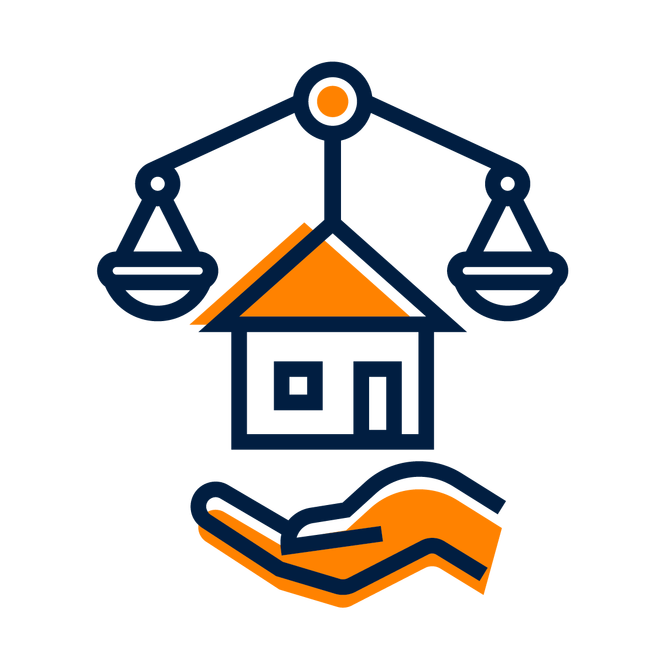
Disasters can strike at any moment, whether it’s natural or man-made. When these tragedies hit, it’s crucial to know what rights and responsibilities we have as citizens. While most of us prioritize our safety, understanding the legal ramifications during such times can prove invaluable.
1. Evacuation Rights
In the U.S., every citizen has the right to be informed and evacuated in case of imminent danger. This means the government is obligated to provide adequate warning and sometimes transportation, especially for vulnerable populations. However, while the call to evacuate might be strong, resist the temptation to panic-buy. An unforeseen crisis could put tremendous stress on our supply chain, causing panic and chaos in our communities. It’s always said, and I can’t stress this enough, that a society is only three meals away from anarchy.
2. Property Protection
While property protection is a high priority, there’s a thin line during disaster times. For example, during a flood or hurricane, law enforcement might forbid you from returning to your home for safety reasons. However, once the immediate danger has passed, you’re entitled to protect your property from looters. But always exercise caution and avoid confrontations. This article provides some excellent advice on preparing your home for unpredictable catastrophes.
3. Price Gouging Laws
These laws protect consumers from businesses that raise prices of essential items during disasters. Price hikes are, unfortunately, a common practice during crises, as opportunists try to profit from the situation. If you notice such practices, report them to authorities.
4. Employment Rights
During emergencies, employees are often in a bind. While some jobs, especially those deemed essential, may require you to report to work, most states have laws in place that protect employees if they’re unable to work due to a disaster. But always check your employment contract and local laws.
5. Renters and Homeowners Rights
Renters might wonder about their rights during disasters, especially when the property they’re renting gets damaged. Generally, landlords are responsible for repairing any damages, but they might not be liable for housing you elsewhere during repairs. On the other hand, homeowners should consult with their insurance companies to understand their rights and responsibilities. If you’re looking for sustainable power solutions, this insightful piece discusses how to power your home without relying on the grid.
6. Freedom of Movement
While authorities might place restrictions for safety purposes, in the U.S., you have the right to move freely. However, always exercise this right responsibly and heed warnings and advice from officials.
Conclusion
Staying informed about your legal rights during disasters can help navigate the challenging and often chaotic environment. Remember to prioritize safety and lean on your community. By understanding these rights and working together, we can face any adversity that comes our way.
Preparedness is Key
While understanding our rights during a disaster is essential, preparedness can make all the difference. Preparedness goes beyond stocking up on essentials; it involves creating a disaster response plan for your household. This includes knowing evacuation routes, establishing communication plans with family members in case of separation, and having a list of emergency contacts. A well-thought-out plan can mitigate risks, reduce panic, and potentially save lives. It’s vital to update this plan regularly and ensure every family member is familiar with it.
The Role of Social Media
In today’s digital age, social media has emerged as a crucial tool during emergencies. Authorities and emergency services often use platforms like Twitter and Facebook to disseminate real-time information, provide safety tips, and answer queries from the public. However, it’s essential to approach social media information with a discerning eye. While these platforms can be beneficial, they can also spread misinformation rapidly. Always ensure that the information you’re relying on comes from verified and credible sources.
Community Cooperation
Disasters often bring out the best in humanity. Neighbors help neighbors, and communities come together to rebuild and support one another. This spirit of cooperation is invaluable during trying times. Establishing community networks, organizing neighborhood watch programs, and volunteering for local disaster response teams can enhance collective resilience. By working together, communities can rebuild more robustly, heal more quickly, and ensure that no one is left behind.
